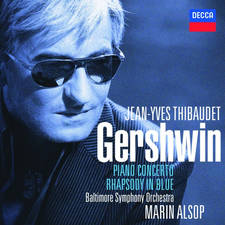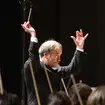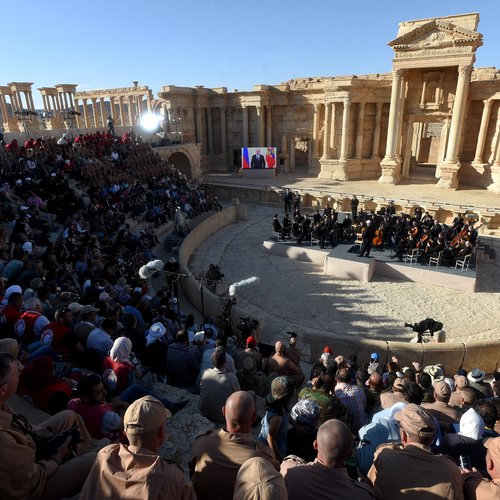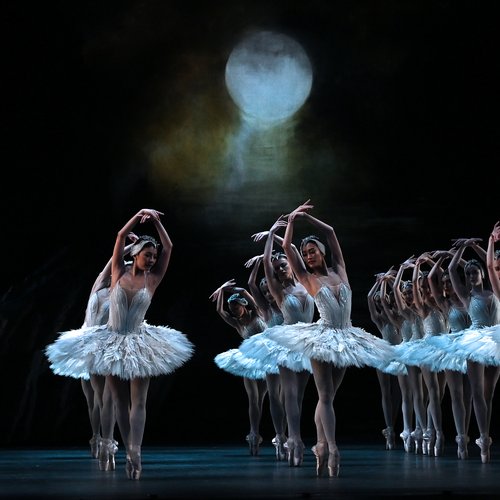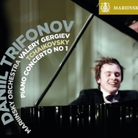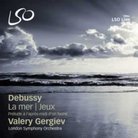Valery Gergiev exclusive: ‘It’s hugely important for young children to be included in the great world of classical music’
12 May 2015, 16:54 | Updated: 12 May 2015, 18:17
Russian conductor Valery Gergiev has said that he believes it’s vital for young children to be exposed to classical music.
In an exclusive interview with Classic FM, Gergiev said: “Stravinsky was nine when he met Tchaikovsky, who shook his hand and spoke to him for a few minutes… so it’s important at this age to be already included in the great world of classical music.”
The conductor was in London to launch the 15th International Tchaikovsky Competition, which takes place in Moscow and St Petersburg 15 June-3 July this year.
Previous winners of the competition – which includes piano, violin, cello and voice categories – include pianists Vladimir Ashkenazy, Barry Douglas and Peter Donohoe as well as soprano Deborah Voigt. The competition is open to competitors aged 16-32.
“This Competition is for some of the competitors a first step for them,” said Gergiev, “for some of them it’s the last step of their youth.”
Gergiev spoke of his own early musical education saying his first teacher was “a huge inspiration to me because he was the man who introduced me to Beethoven’s Symphonies.”
The London Symphony Orchestra
Valery Gergiev is leaving his post as principal conductor of the LSO later this year and Simon Rattle has been announced as his successor, taking over in 2017.
Gergiev said: "It's wonderful news, he's a great colleague and great friend of mine. I hope he will be extremely successful and extremely happy."
He also threw his support behind plans for a new concert hall in the city saying: “London needs a new concert hall, I knew it as well. Maybe times are now better.”
“Shostakovich was not a political composer”
Gergiev has made a name for himself as an interpreter of the music of his native Russia. But, he says, he doesn't see Shostakovich and Prokofiev as 'political' composers.
He told Classic FM: “I think they were not political, I think they opened their ears and eyes to the world around them – ignoring the world around you means you are not that good as a musician.
“They are documentarists, they make artistic statements on what they see around them.”
